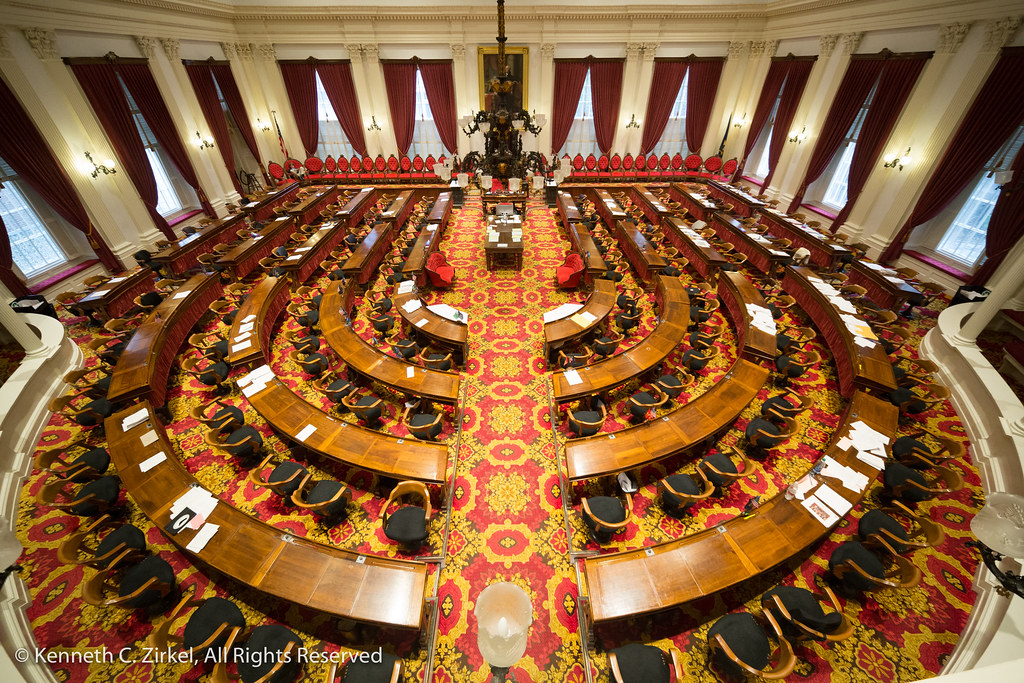Act 250 and the Stifling of Economic Opportunity in Vermont

By Charles Martin, (former) Government Affairs Director of the Vermont Chamber of Commerce
While recent news of the cancellation of Montpelier’s hotel project is troubling, those familiar with Act 250 are not surprised. The decision to terminate the project is yet another example of how truly broken our state’s principal land use law is. Montpelier’s current problem is high-profile and outrageous, but don’t mistake it as an outlier. It is representative of what hundreds of permit seekers have gone through and will continue to experience if this law is not updated.
To recap, the recently nixed Capitol Plaza project was approved by an Act 250 panel, the Development Review Board, the Design Review Board, and Montpelier voters. The City has invested more than $1 million in the project that will now be paid back in property taxes instead of parking garage revenues, as was originally planned. The Bashara family, owners of the Capitol Plaza, will forfeit over $1 million because of legal fees related to an endless appeals process and the project’s subsequent cancellation.
Montpelier loses 50-60 construction jobs, 30-50 hotel jobs, and the State of Vermont loses an estimated $300,000 in annual rooms and meals tax revenue. Perhaps most upsetting in the wake of an economically devastating pandemic, Montpelier and nearby businesses will not experience the widely anticipated increase in hotel guests that the new venue was expected to generate for local shops and restaurants.
Even after formal support by several elected oversight bodies and a direct vote by Montpelier residents to approve the project, a small group was able to derail the project. Providing power to individuals to advocate for their interests is a cornerstone of a healthy democracy, however, the Act 250 appeals process has evolved into a costly and reliable dilatory tactic often used by groups unwilling to accept development proposals that otherwise have broad community support.
We are fortunate to live in the most beautiful state in the nation, and Act 250 deserves considerable credit for helping Vermont maintain this status. However, I doubt the creators of Act 250 were concerned with disrupting the natural beauty of a parking lot wedged between a railroad track and another parking lot (this is an accurate site description of the project in question), alongside another hotel in the center of our densely populated capital city. Even more upsetting is the now-obsolete parking garage proposal was intended to address Montpelier’s parking scarcity. The project’s termination means vehicles will continue making laps around town searching for limited parking spots and adding to local air pollution.
The outdated nature of Act 250 should concern all Vermonters, not only the Montpelier residents recently harmed by this project’s cancellation. Our youth are fleeing the state to seek opportunity elsewhere. We can continue to debate why, or we can address some of the obvious contributors to the exodus. Act 250 in its current form is a direct contributor to the economic stagnation facing many of our communities. This stagnation amplifies the disenfranchisement of young people who are leaving in search of opportunity elsewhere. Left unchanged, we can count on Act 250 to continue blocking modest economic development proposals around the state that may have otherwise provided incentive for our children and young families to remain local and thrive in place.
In 2017, the Legislature created The Commission on Act 250: The Next 50 Years. The bipartisan commission’s purpose was to assess Act 250 and make recommendations for changes to equitably modernize the law. The Commission’s final 79-page report included dozens of recommendations to bring Act 250 into the 21st century. To date, the State House has implemented no substantive reforms.
Members of the House and Senate have the power to reform this law to satisfy environmental concerns while also permitting our communities to invest in themselves. Vermont’s designated downtowns and growth centers are well positioned to accommodate new economic opportunities, and modest changes in law could make development in these areas more realistic, while also decreasing sprawl on the periphery of municipal areas. The Legislature is now in its third year of listening to redundant testimony from a diverse group of stakeholders who have explicitly detailed recommendations for modifying the components of Act 250 responsible for egregious outcomes like those in Montpelier. A lack of action guarantees this scenario will repeat elsewhere, with Vermonters who depend on main streets left to suffer from the fallout of recurring instances of wasted opportunity.
SHARE THIS ARTICLE
MORE IN
ECONOMIC DEVELOPMENT



